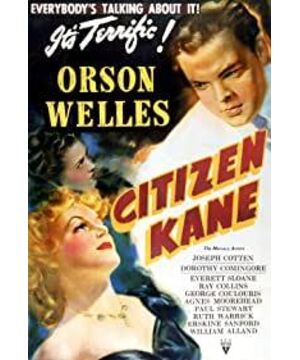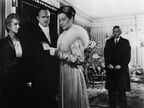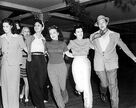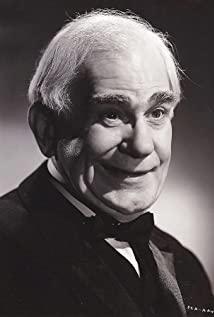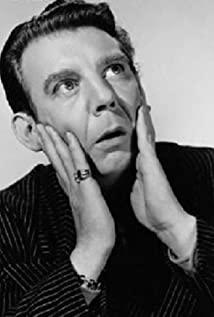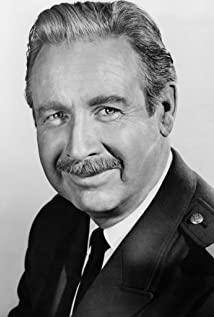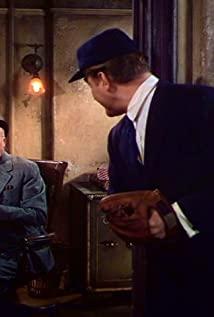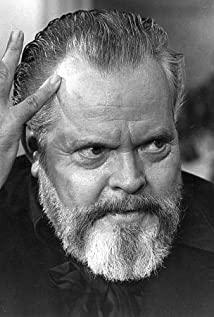The protagonist in Citizen Kane is named Charles Foster Kane. This character is based on the American news magnate William Randolph Hearst at the beginning of the nineteenth century. The film is 120 minutes long and reflects Kane's ups and downs in his life. -
The image of Kane is undoubtedly complicated. On the one hand, he is active thinking and broad-minded - Bernstein said he has never seen someone with so many ideas, when discussing with Emily whether to hang Bernstein's gift in her son's crib, relative to the birth Emily from a traditional family shows an open-minded acceptance of different religions and cultures; on the one hand, she has a rough personality, and she is stubborn and has seen the level of stubbornness. He has never been the only one who asked others to do what, without him accepting others. opinions or views on what to do. Emily said that he was too extreme and criticized the President of the United States indiscriminately, but Kane kept insisting that the President was their uncle (Emily was the President's niece), and that the President was a kind big fool; Susan's vocal teacher thought she was Having no talent for opera, Kane yelled at the vocal teacher when he heard it, and bluntly said that the teacher should be judged according to his point of view. When Susan finally decided not to perform because she couldn't stand the huge pressure of public opinion, Kane simply and rudely refused, on the grounds that it would make him lose face, and did not consider directly facing the audience who did not want to hear it. Singing Susan's feelings. He believes in pragmatism and is enthusiastic about innovating the old, but neither in running the newspaper nor in the gubernatorial campaign, he discredits some people, promotes some arguments or promises some empty promises. -As
the chief editor of the magazine in the play, Rosston, said, Kane, like a public figure in that era (or every era), was loved by some and hated by some. And in such a character, it actually reflects a social atmosphere and civilization of the entire era. -
-
Second, the story - ups and downs -
If you want to condense a person's 76-year life into a film of only 2 hours, the method of line drawing is obviously incompetent. This also reflects the charm of artistic reproduction. The film uses a plethora of amazingly effective montage shots, compressing space and time almost perfectly to narrate major events in the protagonist's life. For example, the 17-year span between Kane's "Merry Christmas" in childhood and Thatcher's "Happy New Year", such as the six-year change in the photo of elite reporters in the newspaper, and the full expression of Kane and Emily's marriage Six shots of the ups and downs of relationships in life. The ups and downs of Kane's life are thus vividly expressed through various advanced photographic and narrative techniques relative to the time. -Leaving
his hometown as a child, inheritance, newspapers, two marriages, and a political career that ended abruptly (or not even officially started at all) in his youth, and finally, in a private manor, a dilapidated prosperity like his life Lonely and dying... The film uses the non-linear sequence of flashbacks, interludes, and perspective switching to supplement the loop through the interview process of young reporters, and uses the mystery of "Rosebud" to perfectly connect Kane's life together. Or according to the words of young reporters, pieces are pieced together like a jigsaw puzzle, and the entire vicissitudes of life of Kane, an American citizen, is reproduced. And the only missing piece, "Rosebud," "either what he wanted, or what he got and lost," but either, seems to have become irrelevant, at least for getting enough news For the young journalists of the material, it is "nothing" and has no meaning. -
-
3. The answer to the mystery of "Rose Bub" - the love that cannot be found -
However, "Rose Bud", these simple two words that point to unknown, are really meaningless?
Even Wells, the film's director, believed that "Rosebud" was a "deceitful thing", just a gimmick used as a clue to the film and attached to attract audiences. The answer seems to be so determined, but I don't think so. Its importance is self-evident just from the fact that it is an image that appears throughout the text countless times. After careful consideration, the author believes that "rosebud" should have a more profound meaning.
If it's just a fake gun to whet your appetite, why spend that minute revealing the mystery at the end of the film? Is it just to satisfy the curiosity of the audience, or simply to complete a traditional format of the first and last echoes? Wells is not like a guy who likes to play by the old rules, and his whimsy can be seen everywhere in his debut novel. So, what is the meaning of rosebuds?
When he saw the old Kane lying alone on the bed, he said the last words like a gossamer - these two words, and then the snow fluttered, and the pure and beautiful glass landscape ball that was like a dream finally rolled out of his hand and fell on the ground. When it fell to pieces, did we ever think about why he, who has always believed in pragmatism, still held on to such an illusory scene until the last moment? Perhaps our thinking was wrong from the beginning. After thinking about it, the flying white, quiet wooden house is very similar to the home in his childhood memory, and "rosebud" is also "coincidentally" the words engraved on his old sleigh as a child.
Thinking back to what Li Lan said when he was half-drunk (or just pretending to be drunk), Kane wanted not only the people at the newspaper to love him, but also all the voters. I remembered that old Leland said that Kane loved Susan, and of course he loved his mother. Recalling the first time Kane met Susan, he said that he had returned to his hometown not long ago, in order to find his childhood... The details are constantly connected, pointing to the final answer.
If you ask, Kane has done a lot of things in this extraordinary life, what is he trying to get, and what is the most fundamental factor? Then the answer is definitely not "money" - he got such a huge amount of property in his early years; it should not be "reputation" - the various methods he uses in doing things obviously prove that he doesn't care about that at all. The answer is actually only one word, "love".
As a child, little Kane was forcibly removed from his home, his mother. He was too young at the time and was almost completely at the mercy of adults. He also tried to resist, hitting Thatcher, who was trying to tear his life apart with his beloved snowboard, but the disparity of power made him unable to escape after all. This is probably the main reason why he will act arbitrarily when he grows up and never listen to the advice of others. On the other hand, he who left his hometown when he was young lacks the love that only his family can give, and also lacks the understanding of love. He is insecure and does everything he can to pursue other people's attention, but he doesn't understand that the true feelings between people can never be exchanged with money and broken promises. He always felt that love was a personal item that no one could tamper with without his permission. Li Lan said that Kane always wanted to prove something, but this young child still did not understand the true meaning of love, but was lost on the way to find the love that truly belongs to him, and the destination further and further.
And the sled with "Rose Bub" engraved on it, from the moment Kane took it and slammed into Thatcher, actually symbolized his pursuit of true love in his life. It is a pity that this kind of pursuit has always been so childish, simple and rude in the spring and autumn, turning into dust at the end of life, unknown and incomprehensible.
In the author's humble opinion, the reason why director Wells tried to downplay the symbolic meaning of "Rosebud" after the film was released is not because this meaning does not exist, but mainly because of the pressure from the real world.
View more about Citizen Kane reviews


